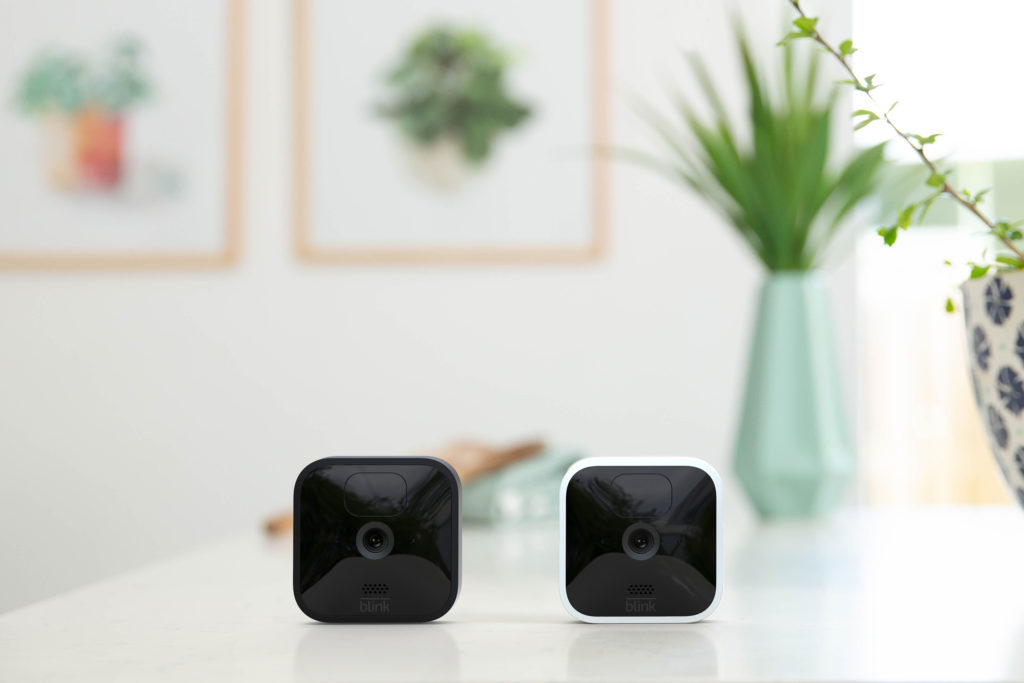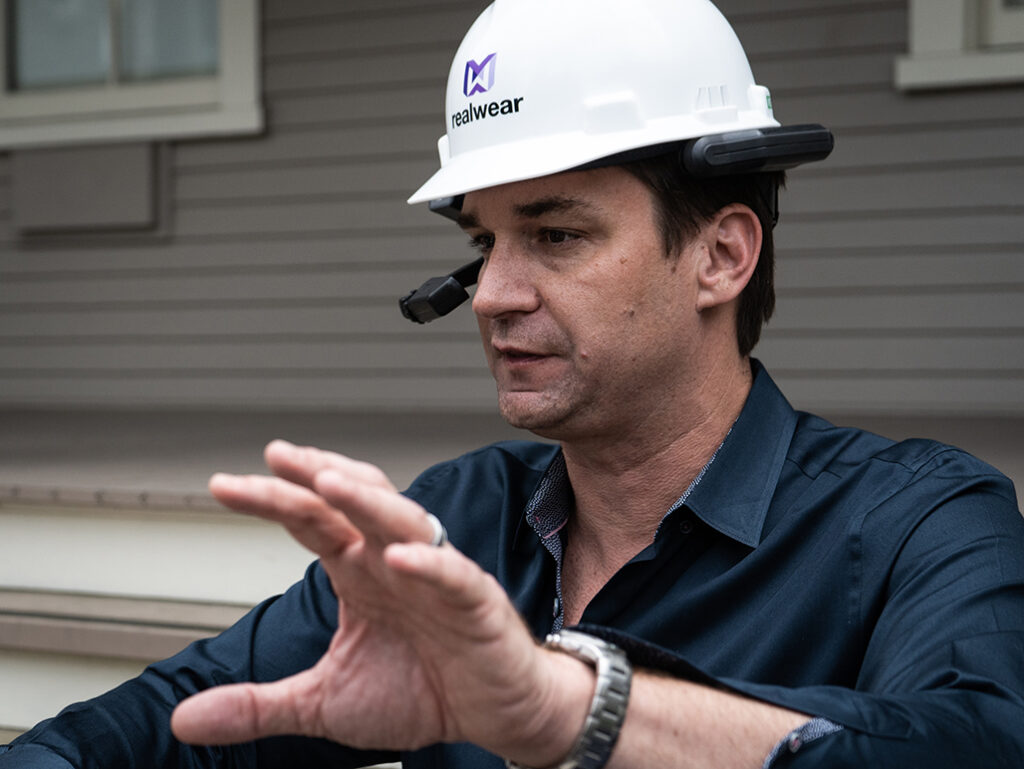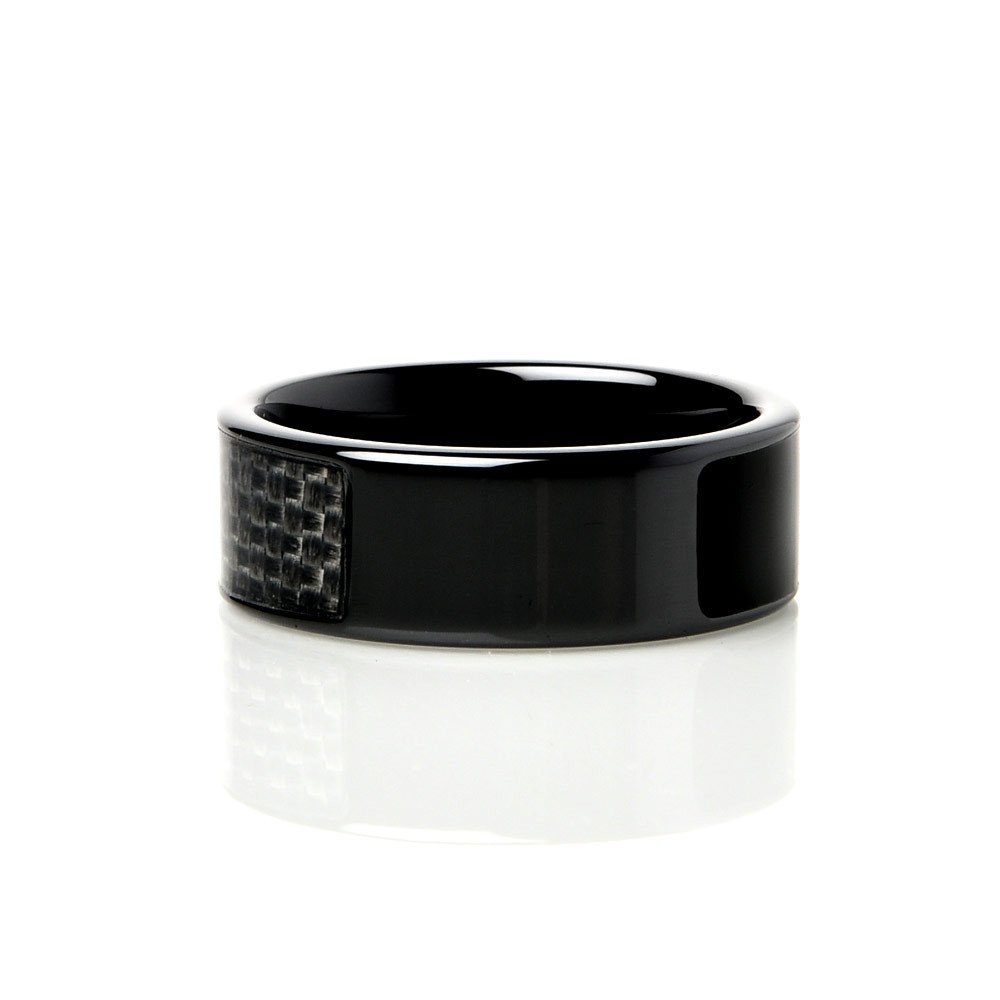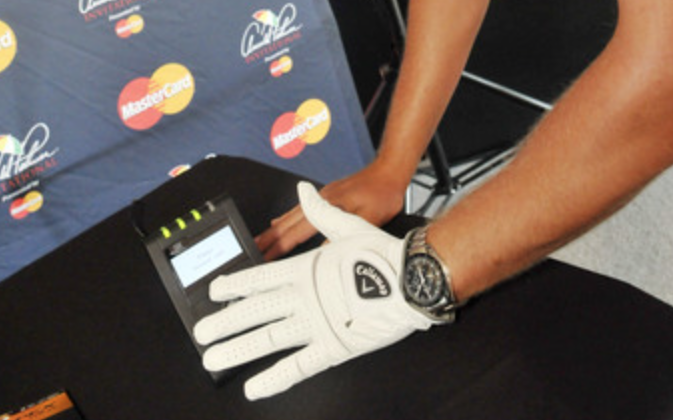This week’s show starts off with the FBI’s concerns about the Ring doorbell, then news about Apple and Google making their COVID-19 exposure notification framework easier for states to use. We discuss consolidation in the smart apartment market, vulnerabilities in Microsoft’s Azure Sphere and then dive into a heap of newly launched devices. First up is the Amazon Halo wearable launched last week, and then new Amazon Blink cameras. (In other Amazon news we talked about paying for gas with Alexa and Amazon getting FAA approval for drone deliveries.) Wyze is planning to build headphones, as is Sonos, and Lenovo has a new smart speaker alarm clock for $50. We end with a listener question about wireless sensor tags.

Our guest this week is Matan Tessler, VP of product for Otonomo, an Israeli automotive data company. He came on the show to discuss what we can do with car data. Cars can produce gigabytes of data and Otonomo can pull data in from more than 20 million vehicles, either in aggregate or individually, to provide different services. In smart cities, car data might provide detailed parking information or flag dangerous intersections. For companies, Otonomo can provide fleet management, but it also foresees a future where third-party businesses can build services such as a tire-pressure management service that ensures all the cars in a fleet have enough air in their tires. Broadly, Matan convinced me that connectivity and sensors in cars could become a platform as powerful as the mobile phone. See what you think.
Hosts: Stacey Higginbotham and Kevin Tofel
Guest: Matan Tessler, VP of product for Otonomo
Sponsors: Very and Silicon Labs
- Surveillance tech can go two ways
- Get ready for consolidation in the connected MDU world
- Amazon is launching several cool new products and functions
- If you think of a car like a smartphone what could you do?
- How cars can help cities flag dangerous intersections
Podcast: Play in new window | Download | Embed
Subscribe: RSS





